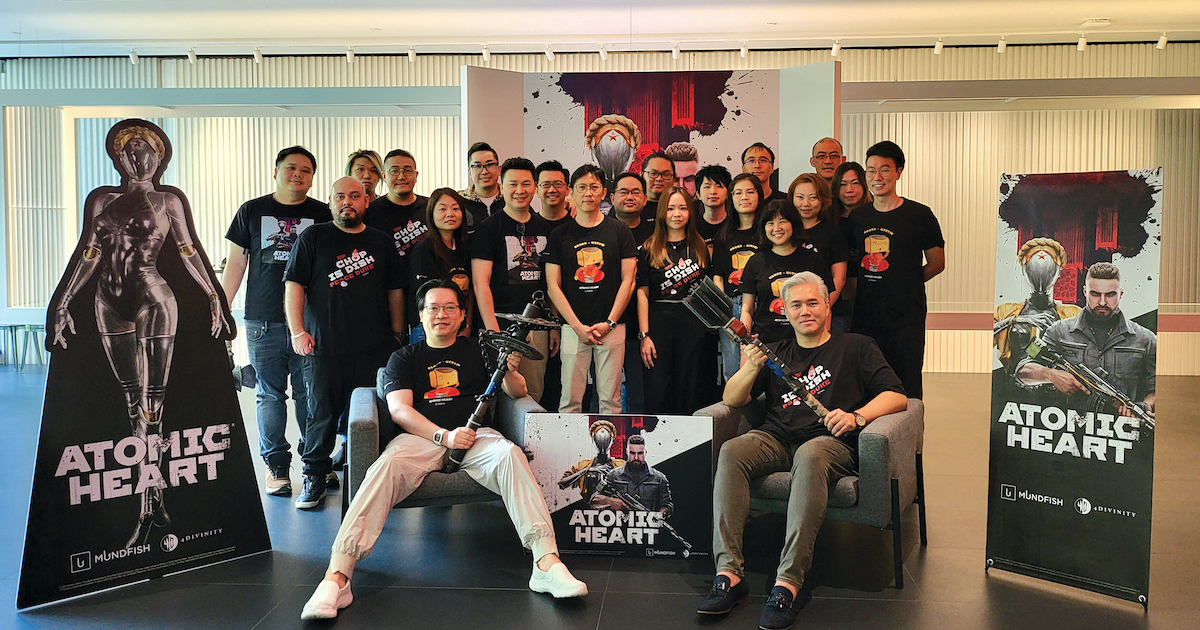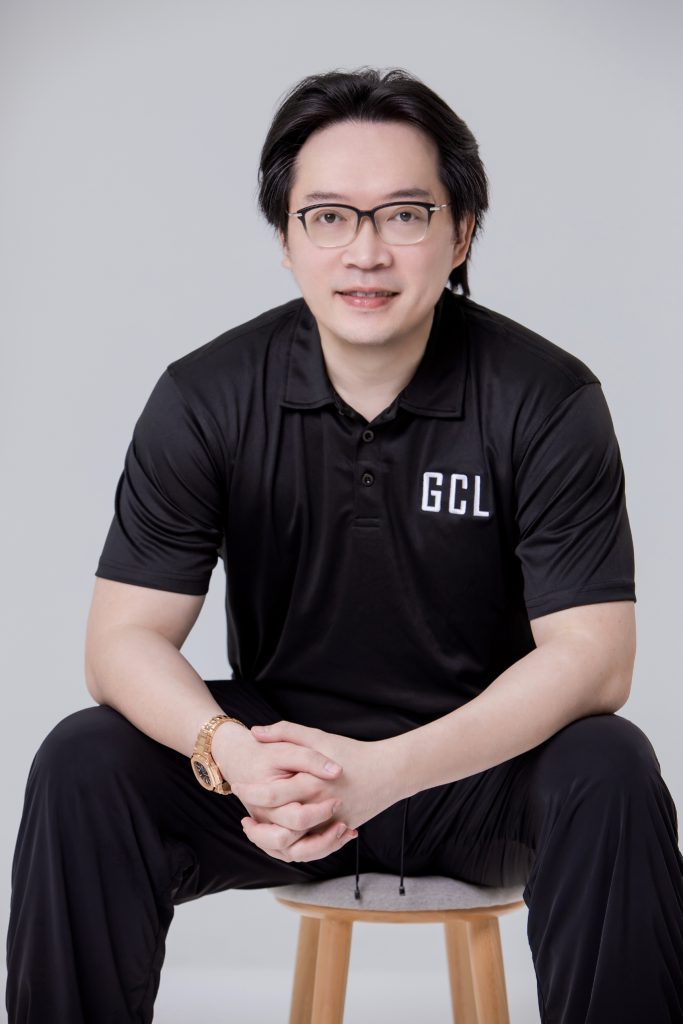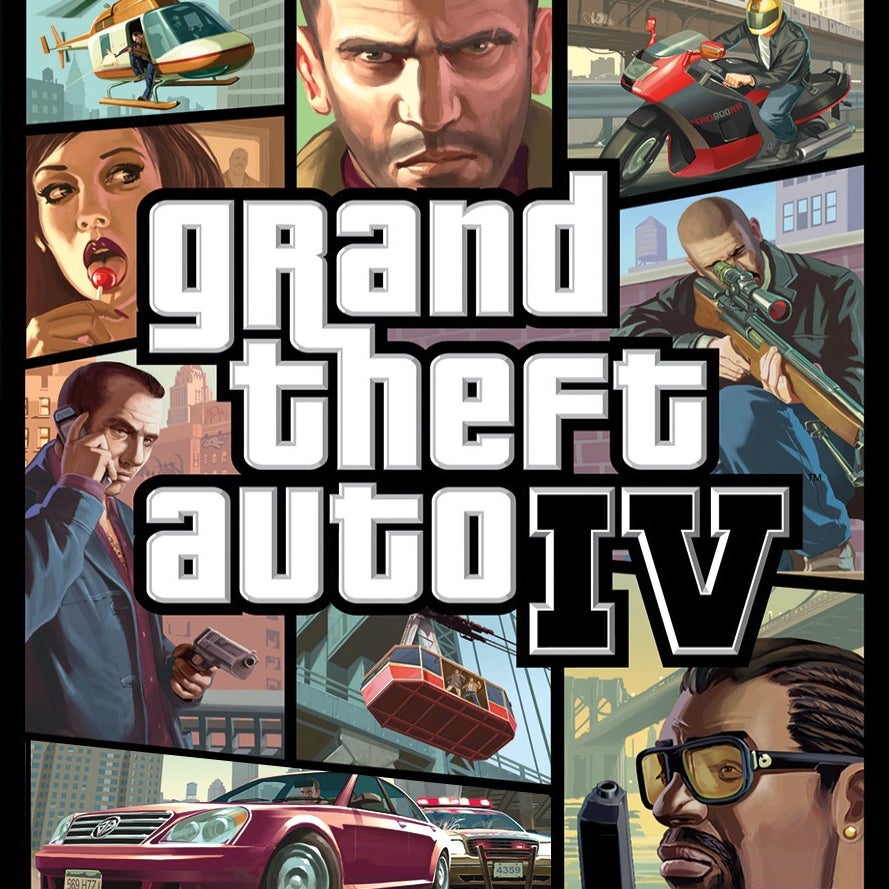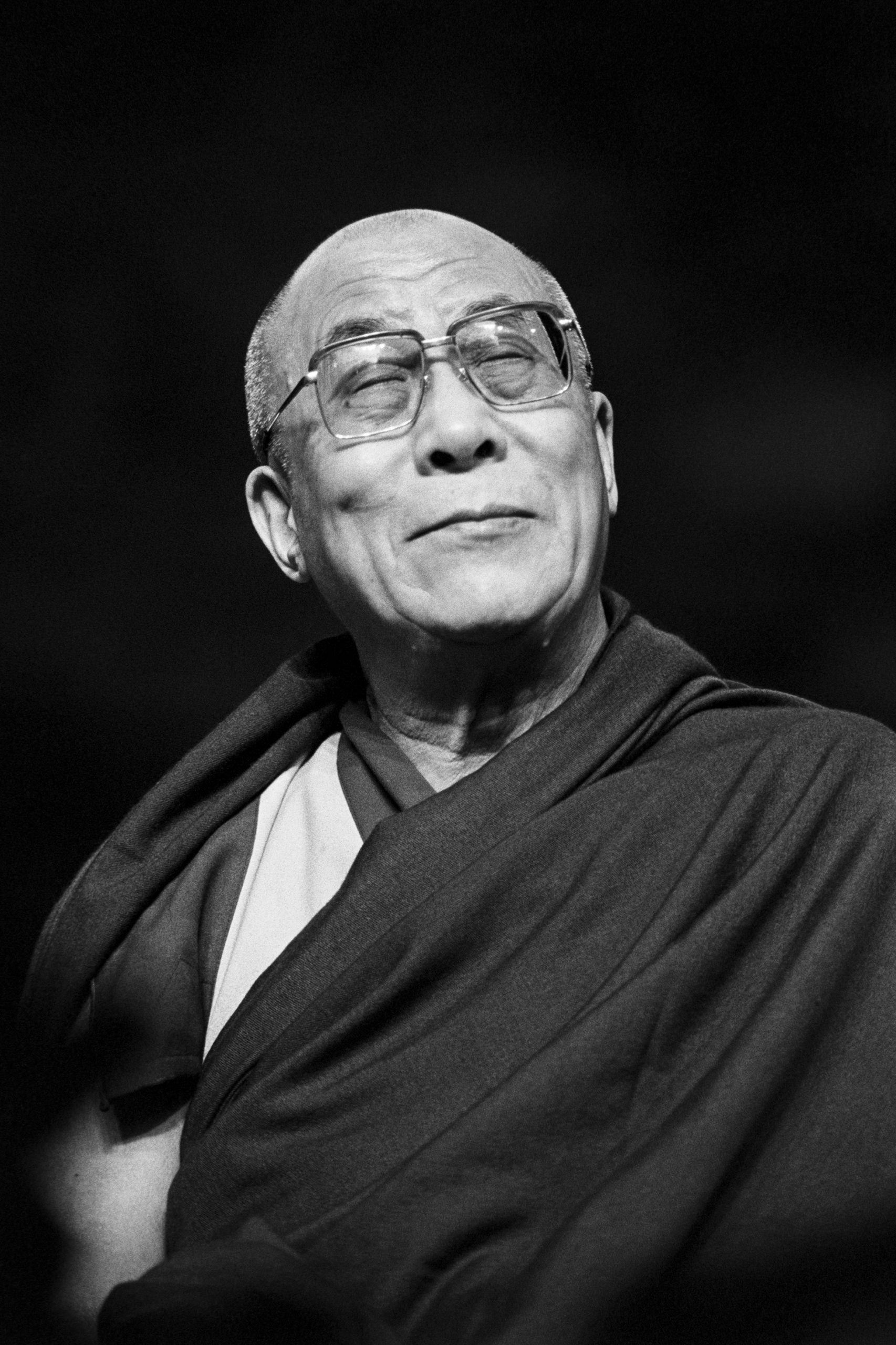From publication to distribution: GCL Asia founder on becoming a titan in the gaming world
The group is responsible for bringing some award-winning favourites to Singapore, including Hogwarts Legacy, Grand Theft Auto V and Red Dead Redemption II.

Have you ever wondered how some of your favourite games got here?
GCL Asia, a Singaporean games distribution, publishing and marketing group, which claims to be valued in the hundreds of millions, knows a little something about that.
Despite being an unassuming local company, GCL Asia has forged more than 15 multi-year deals with big-name publishers such as TAKE-TWO, CD Projekt Red, Warner Bros. Games, SEGA, and Bandai Namco.
The group is responsible for bringing some award-winning favourites to Singapore, including Hogwarts Legacy, Grand Theft Auto V, Red Dead Redemption II, Cyberpunk 2077, The Witcher 3: Wild Hunt, and Elden Ring.
But how did this industry titan get its start?
 Jacky Choo, founder and chairman of GCL Asia / Image credit: GCL Asia
Jacky Choo, founder and chairman of GCL Asia / Image credit: GCL AsiaThe man behind the business is Jacky Choo, founder and chairman of GCL Asia. He started gaming at a young age, with his first experience being on the Game & Watch. As he grew older, he became particularly fond of Japanese role-playing games such as Final Fantasy.
The chemical engineering graduate from the National University of Singapore created one of the first local gaming publications called Playworks, and the Gamersquare platform in the early 2000s, to better consolidate information and news on games coming into Singapore and Southeast Asia.
Back in the early 2000s, that type of information only came from forums and blogs, and I wanted to create a space that would better consolidate that information, and allow gamers like me to find out if a game is coming out here and where I can get it from.
– Jacky Choo, founder and chairman of GCL AsiaDuring the process of founding Playworks and Gamersquare, Jacky learned that the main issue hindering games from reaching the region were the lack of infrastructure to properly manage distribution and relations between publishers, local retailers, and government ratings boards.
“Gaming’s newer market status at the time also meant that there was a lack of local professionals that could handle the broader issue,” he said.
Thus, Jacky formed Epicsoft Asia, a channel partner for games and entertainment software in Asia. When he started the business in 2007, he only received an initial investment of less than US$3 million.
Despite that, through the team’s hard work and dedication, Epicsoft Asia was able to break even in about three months, a rarity in the business space. This also reflected how high the demand for proper video game distribution was in Singapore and Asia at the time.
 Grand Theft Auto 4 / Image Credit: IGN
Grand Theft Auto 4 / Image Credit: IGNThe pivotal milestone that propelled Epicsoft into new heights was when the company clinched the local distribution rights for Grand Theft Auto 4 (GTA 4). Jacky said that the team worked extremely hard to obtain the rights for GTA 4, clocking many long hours and sleepless nights in the hopes that they would see this deal through.
“The team was extremely proud to bag a major AAA game distribution deal, let alone a deal from Rockstar and Take-Two Asia,” Jacky said. With GTA 4 becoming a sales juggernaut, Epicsoft saw a massive spike in revenues and profits.
This propelled the business to new heights and secured its future as a major player in the region. GCL Asia was then formed as parent company to Epicsoft Asia, along with 2Game, Titan Media Group and 4Divinity.
Understanding gaming habits in Singapore and Asia
One challenge GCL Asia faced was understanding whether a game would resonate among gamers in this region, especially in the earlier years when Asia was a relatively smaller market and there were fewer investments in marketing to audiences in the region. This changed for the better over time as the market saw significant growth.
However, the bigger issue was in managing the transition from physical goods to digital content. To that end, GCL Asia acquired 2Game, an officially authorised digital video game retailer, to effectively future-proof the business in the e-commerce driven economy.
GCL Asia was also one of the handful of businesses positively affected by the pandemic, driven by demand for more entertainment when staying home such as video games.
“That said, we also had to change the way we did business to cope with the circuit breaker and regional quarantine efforts,” Jacky said. Similar to most businesses, the pandemic also led GCL Asia to accelerate the process of digitisation further, and rely more heavily on e-commerce.
Over the years, GCL Asia has become one of the largest partners for international game publishers and studios, with over 20 million games sold, and over 1,000 online and offline retail touchpoints.
Furthermore, GCL Asia itself is pivotal to Singapore’s influencer scene, backing JianHao Tan’s Titan Media Group, allowing it to become a regional leader in influencer marketing.
 Atomic Heart / Image Credit: Steam
Atomic Heart / Image Credit: SteamGCL Asia’s publishing arm, 4Divinity, also launched the highly rated Atomic Heart, their first co-published game, to strong positive reviews. The title raked in US$2 million in sales in Asia within two hours of release, and sold impressive numbers of copies across GCL’s Asia markets, with Asian markets contributing 49.6 per cent of the total global sales as of April 2023.
Moving forward, GCL Asia is looking to expand its operations and services in more markets.
“Currently, we have offices in Malaysia, Hong Kong and Taiwan, and are looking to solidify some partnerships in North Asia and China as well,” Jacky said.
However, he has no intentions of rushing his expansion plans as he wants to prioritise having the right people and partners in place before doing so. The company also plans to release three more titles in 2023 and at least five other titles in 2024.
“We are looking to focus on quality over quantity of games, and games that would resonate well in this region,” he summed up.
Featured image credit: GCL Asia
Also Read: This S’porean quit her banking job to start own skincare brand, hits 7-figure sales in 2022

 Aliver
Aliver 































